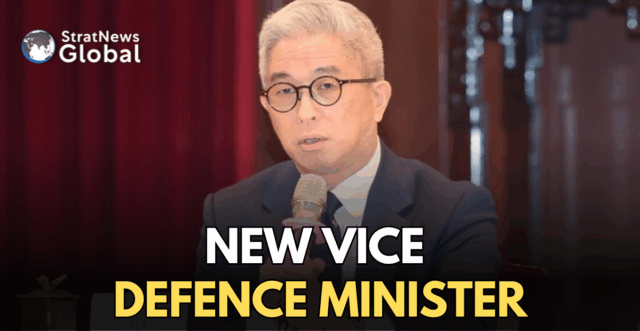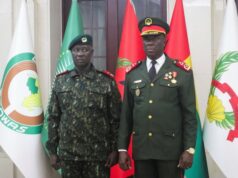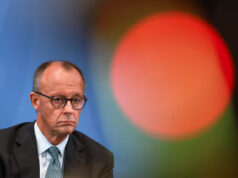Taiwan President Lai Ching-te on Friday promoted a U.S.-educated senior security official as a new vice defence minister to help oversee military reforms and as the government pushes $40 billion in extra spending for the military.
Taiwan, which China views as its own territory, is modernising its armed forces to better deal with a growing threat from Beijing, whose warplanes and warships operate almost daily around the island.
Hsu Szu-chien, a fluent English speaker who is currently an advisor to Taiwan’s National Security Council, has strong experience in international affairs, the presidential office said in a statement.
“The president hopes to draw on Dr Hsu’s strong professional background and practical experience in national security and international affairs to assist Defence Minister Wellington Koo in injecting new momentum into the reform and strengthening of our national defence,” office spokesperson Karen Kuo added.
Hsu has led delegations to take part in important talks with the United States, maintaining “close and well-established interactions with U.S. political and defence circles”, she added.
Hsu, who has a doctorate from Columbia University, has also taken part in international forums like the Halifax International Security Forum, Kuo said.
The defence ministry currently has two vice ministers and two deputy ministers.
The United States is Taiwan’s most important international backer and arms supplier despite the lack of formal diplomatic ties.
Taiwan has already held preliminary talks with the United States about what weapons it wants to buy as part of its $40 billion supplementary defence budget, the defence minister said on Thursday.
Taiwan’s government rejects Beijing’s sovereignty claims, saying only the island’s people can decide their future.
Focus Taiwan reported that Hsu has actively supported the defence ministry in engaging in military exchanges and cooperation with international allies, often leading delegations in key bilateral forums with the United States and working closely with U.S. political and military officials, she said.
During his tenure as deputy foreign minister, Hsu also served on the board of the Institute for National Defence and Security Research, providing guidance on policy research.
(With inputs from Reuters)





